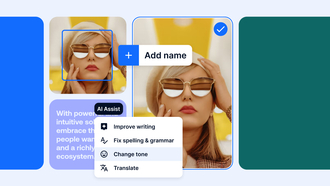Amsterdam, 8 August 2023 - Digital asset management company, Bynder, has conducted an experiment to explore how AI can revolutionize content creation for brands, enabling them to stand out in today's content-saturated world. By harnessing AI's potential, Bynder believes brands can overcome the ongoing challenges of content chaos and proliferation.
Bynder’s “Brief-Off” experiment involved giving the same brief to three different ‘teams’:Solely AI: In this approach, no human intervention was involved. The brief was directly given to AI tools ChatGPT and Midjourney, and the resulting output was taken as-is.
Human: This approach involved briefing a content writer and a graphic designer on the project. They were provided with the same brief given to the AI tools and had the freedom to use their own creativity and expertise to generate the content.
Human + AI: In this approach, the content writer and graphic designer collaborated with AI tools. They utilized the AI tools to generate ideas and concepts, which were later refined and edited to align with the original brief.
The brief given to each was: “Launch a gym wear brand, including sports leggings, sports bras, and t-shirts, targeting females under 35 who frequently go to the gym in the US.” The brief asked for a visual brand, a simple content strategy detailing how to use content marketing to build brand awareness with the audience across multiple channels and a series of blogs about the product.
The three responses from the experiment were then given to a panel of marketing experts without telling them which was which, to decide on which response was the most on-brief, and the results were compelling.
The first response, generated solely by humans, was the favourite of most of the experts due to its strong and memorable identity that aligned well with the target audience. The brand name ‘Ellevate Gymwear’ was deemed aspirational and descriptive, and the social media examples were described as edgy and relevant. The chosen colours were also noted as being contemporary and feminine without being cliché.





The second response, created solely by AI, was the least preferred iteration. Although the content strategy was praised for its succinctness and clarity, the brand execution in social posts was perceived as lacking in aspirational qualities and wasn’t entirely aligned with the target audience. The brand name, ‘Fit Femme’ was also criticised for sounding more aligned to a sanitary product than a gym wear brand.
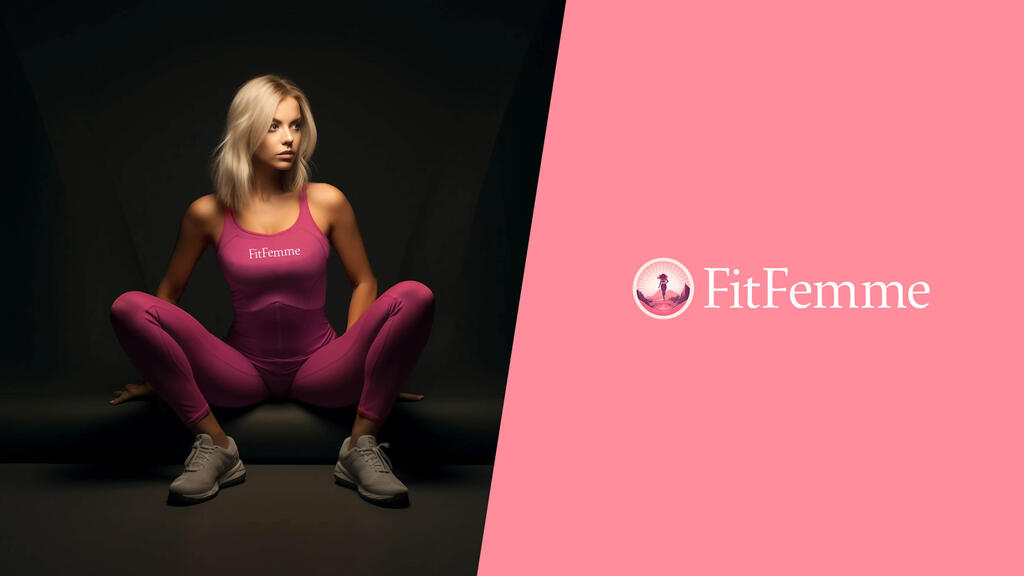
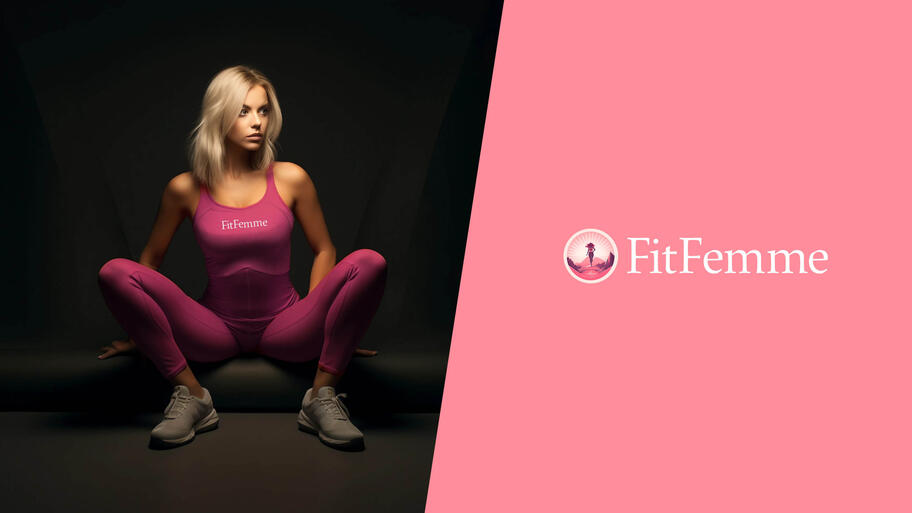
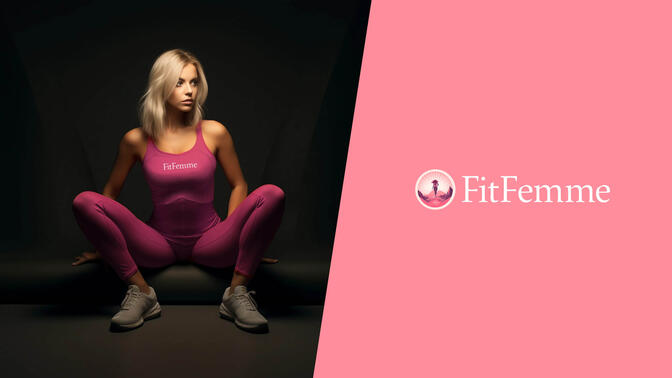

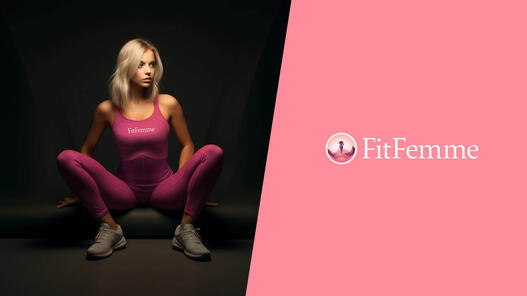
The third response, created collaboratively using AI alongside a content writer and graphic designer, was deemed to be somewhat off-brand/brief. The content strategy was well-liked for its broad appeal and potential to stand out in the marketplace. The color scheme of the brand was also admired for being non-stereotypically female, providing a strong point of difference. The brand name, FemNation, was not well received due to a lack of credibility and relevance. The cover shot was also criticised for appearing more like a nightclub promotion rather than an advertisement for a gym wear brand.
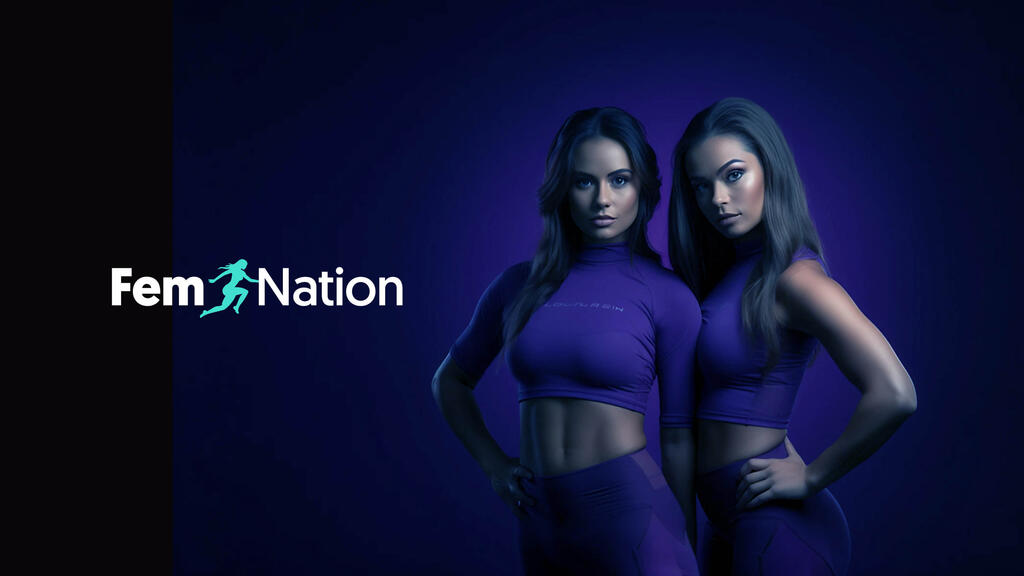
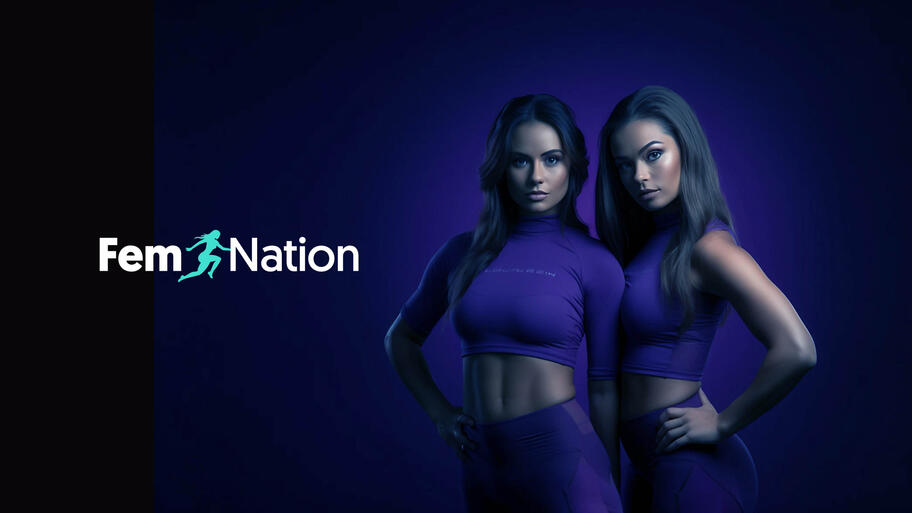



Overall, the responses from the panel of marketing experts were rated as follows from most on-brand/brief to least on-brand/brief:
- Human
- Human + AI
- Just AI
Regarding the use of AI to support marketing activity going forward, the experts envision its application in analysing data to gain insights into market behaviour and predict market trends. They also saw the potential in using AI to generate suggestions for marketing AB tests, both textually and visually. However, the experts emphasized the importance of pairing AI with human interaction to maintain authenticity and relevance in marketing efforts.
Whilst the experts saw the value of using AI to streamline and clarify messaging, they also stressed the need for human expertise to polish and add authenticity to the brands. AI is seen as a valuable tool for generating initial ideas and insights, which can then be refined and tailored by marketing specialists.
Warren Daniels, CMO at Bynder commented:
“The results of this experiment suggest that AI can be a valuable tool for brands that are looking to create content faster and more efficiently. However, it is important to remember that AI is not a replacement for human creativity. AI can be used to generate ideas and concepts, but it is up to humans to refine and edit the output to ensure that it meets the brief.
“By 2025, we believe 100% of content will be AI influenced. By the end of 2023, virtually all content created will be influenced by AI in some way, however, when using it in content operations such as strategy and ideation, brands need a blended approach, deploying AI where it can add the most value, with the least risk. To avoid risk, it’s essential that brands are responsible when implementing AI by using audit trails and involving their legal teams to ensure they’re not running into copyright issues.”
Bynder’s experiment reveals that the future of content creation is likely to involve a combination of human talent and AI. As AI becomes more sophisticated, it will be able to generate more creative and engaging content. However, humans will still be needed to provide creative direction and to ensure that the content is on-brand. It is likely that we will see greater integration of humans working alongside AI in the content creation process. This will allow brands to create content that is both effective and efficient, while still maintaining a "human touch.”
About Bynder
Bynder goes far beyond managing digital assets. The digital asset management platform enables teams to conquer the chaos of proliferating content, touchpoints, and relationships in order to thrive. With powerful and intuitive solutions that embrace the way people want to work and a richly integrated ecosystem, Bynder is the brand ally that unifies and transforms the creation and sharing of assets, inspiring teams, delighting customers, and elevating businesses.
Bynder’s 550+ employees, known as ‘Byndies’; together constitute the world’s most extensive pool of digital asset management expertise. Bynder enables more than 1.7M users across 4000 organizations, including Spotify, Puma, Five Guys, and Icelandair. Founded in 2013, Bynder has eight offices around the globe, including the Netherlands, the United States, Spain, UK, Australia, and UAE.
Media Contacts:
Manisha Mehta
manisha.mehta@bynder.com
